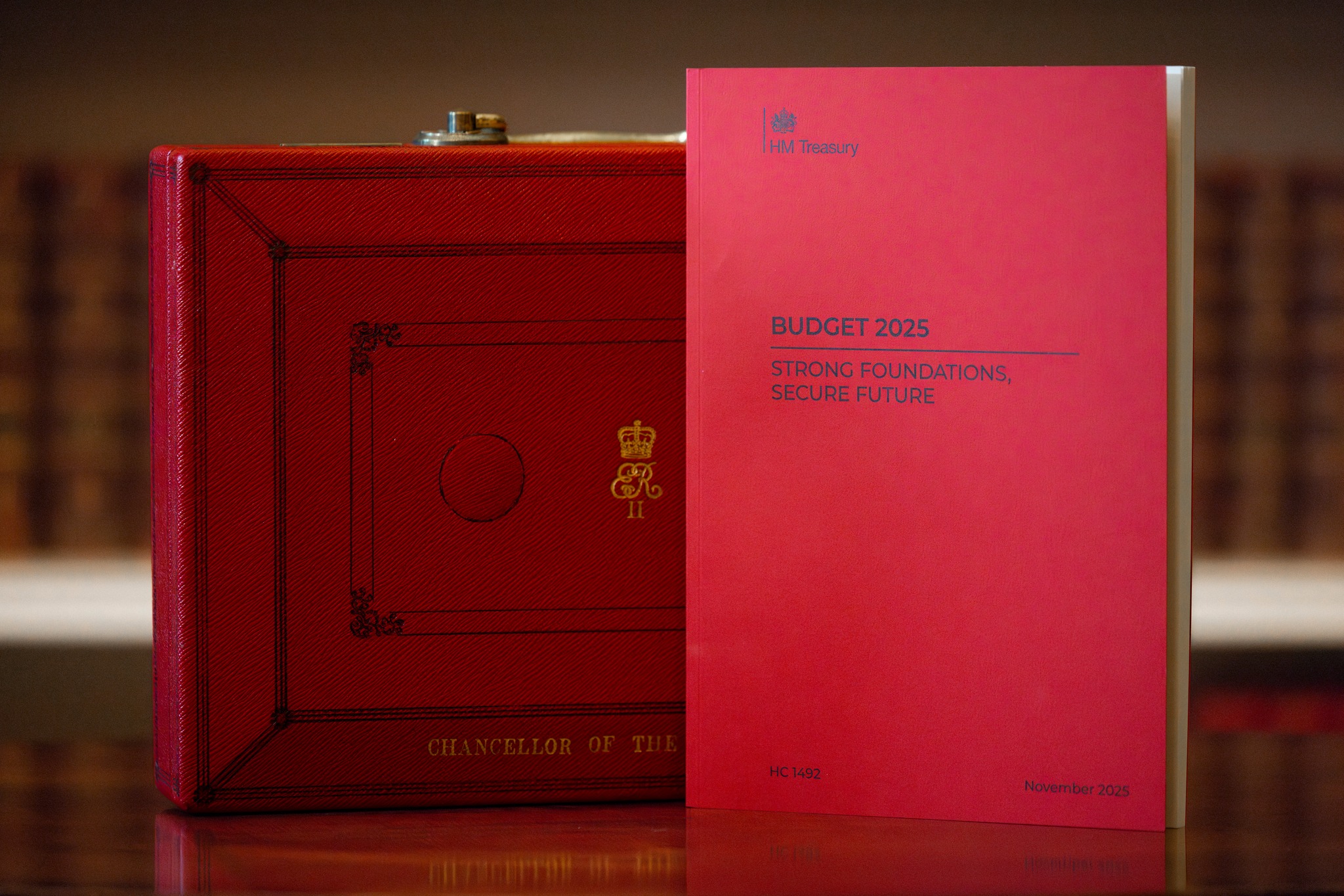Understanding R&D in professional, scientific and technical sectors
4,210 claims in 2015/2016 –only 19.41% of all claims with an average claim value of £76,010.Traditionally a sector with a large number of R&D claims, this area of commerce includes management consultancies, advertising and market research companies, technical testing and analysis of architectural ideas, auditing procedures for law firms and accountants together with scientific research and development.The areas of scientific and technical research include activities to create or adapt software, materials or equipment needed to resolve the scientific or technological uncertainty, provided that the software, material or equipment is created or adapted solely for use in R&D. This includes scientific or technological planning activities, design, testing or analysis to resolve any scientific or technological uncertainty.
Examples of problems to be solved through R&D within this sector
- How to adapt knowledge or capability from another field of science or technology in order to make such an advance where this adaptation was not readily deducible
- How to interpret and use an advance in science or technology which may have tangible consequences such as a new or more efficient cleaning product, or a process that generates less waste
- How to interpret and use the more intangible outcomes such as new knowledge or cost improvements
- How to create a process, material, device, product or service which incorporates or represents an increase in overall knowledge or capability in a field of science or technology
- How to make an appreciable improvement to an existing process, material, device, product or service through scientific or technological changes
- How to use science or technology to duplicate the effect of an existing process, material, device, product or service in a new or appreciably improved way
Examples of what constitutes R&D in this sector
The HMRC test as to whether a Company is performing R&D is whether there is ‘appreciable improvement’ in a situation as a result of ‘addressing a scientific and technological uncertainty’.
- Searching for the molecular structures of possible new drugs in search of new or improved active compounds
- Identifying new uses of existing compounds would also be creative work in science or technology, because it seeks new scientific knowledge about those molecules
- Developing new genealogy interpretation techniques
- Using robotics to access previously inaccessible environments such as space or deep oceans
- The investigation and testing of weed-killing performance and other relevant characteristics of the formulations, for example, toxicity to humans and wildlife, water-solubility, adhesion to weeds, damage done to other plants using innovative processes
FAQs

Can we help your business?
Book a free consultation with our expert R&D funding advisors today. We specialise in helping innovative businesses like yours unlock millions in government funding, specifically allocated to fuel your innovation. Let us help your business access the support it deserves.









.svg)


